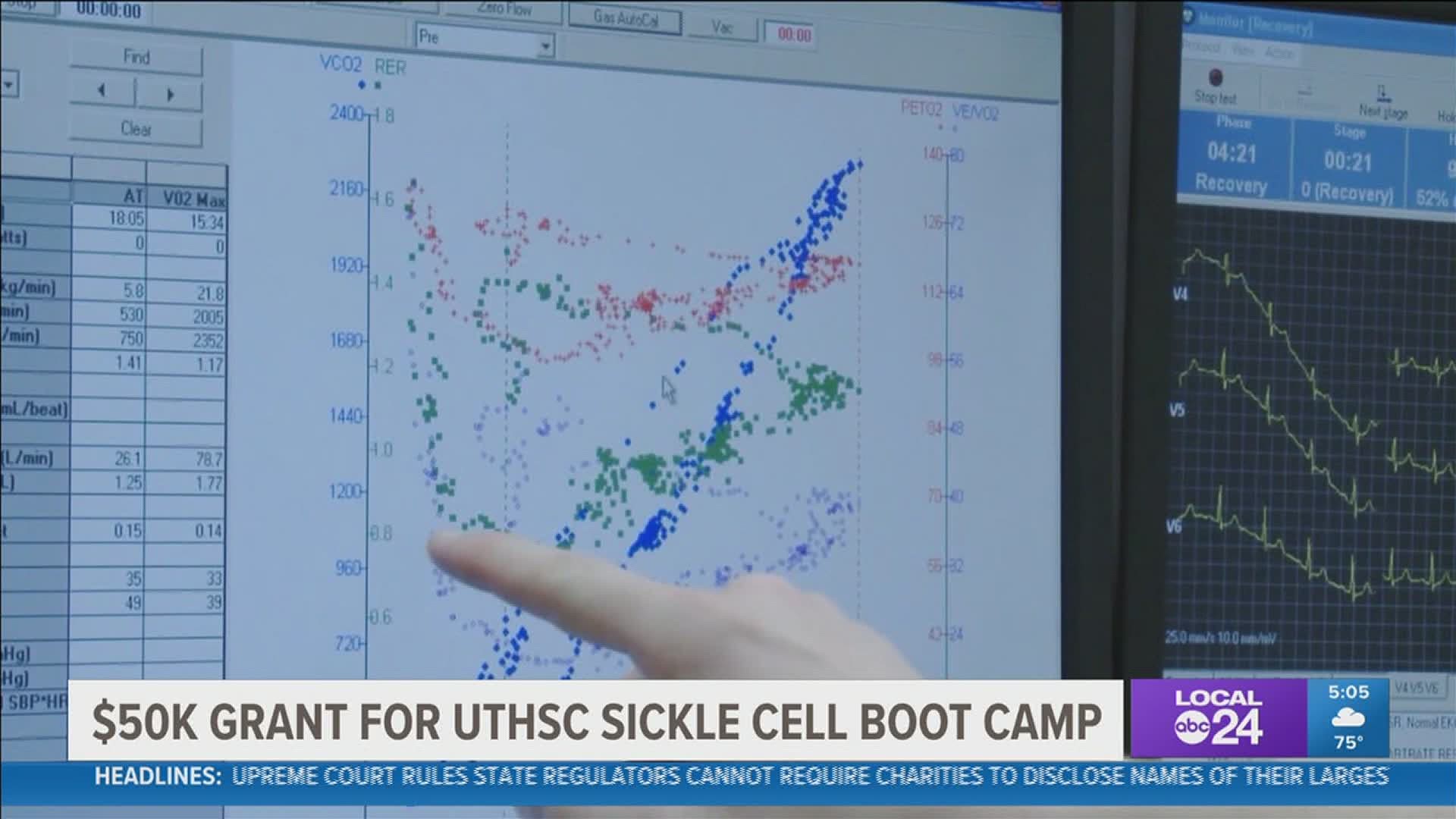MEMPHIS, Tenn. — The number of people diagnosed with sickle cell each year is increasing. That is why the University of Tennessee Health Science Center is sounding the alarm.
Local 24 News Reporter Brittani Moncrease stopped by the school to talk about a new program in the works to address the problem.
On the grounds of the historic quadrangle at UTHSC, history is being made with the first ever Sickle Cell Boot Camp.
It will be rigorous. It will be tough.
But to save a life, it will be worth it.
“Sickle Cell disease is a very complex disease. It affects, from head to toe - literally, every organ in your body,” said Dr. Sara Day, UTHSC Assistant Dean Center of Community and Global Partnership.
UTHSC's doctors Artangela Henry and Sara Day have seen these effects far too often.
That is why the school was awarded a $50,000 grant from Global Blood Therapeutics to partner with St. Jude Children's Research Hospital and start a Sickle Cell Boot Camp for nurses.
“This will be the first course offered nationally and internationally, an intensive five-day course. We’ll have simulation on it included where they can learn how to detect these early symptoms,” said Dr. Day.
It will be a hands-on approach for specialized care.
“It is a genetically inherited disease process. It’s caused by mutation in a gene that codes for hemoglobin,” said Dr. Henry. “Their red blood cells are sickled-shaped or a crescent moon shape.”
The disease causes less oxygen in those cells, often leading to other serious complications.
“Here in Memphis in the Mid-South, we have approximately 3,000 individuals that live with sickle cell disease. That includes children and adults,” said Dr. Henry.
The number changes nationally, especially among people of African descent.
“One in every 365 individuals that are Black have sickle cell disease,” said Dr. Henry.
Globally, the number is even higher.
“There are approximately 20-million individuals with sickle cell disease,” said Dr. Henry.
Those numbers are increasing as well.
“When a patient comes in the hospital, they’ll often have symptoms that seem very mild, but they can deteriorate in a few hours and die. If those symptoms are not picked up quickly and an intervention is done, they will die or they’ll have permanent damage,” said Dr. Day.
That makes time, action, and intensive training key to living.
Program organizers are in the process of designing a curriculum. They hope to start the boot camp by next year.

